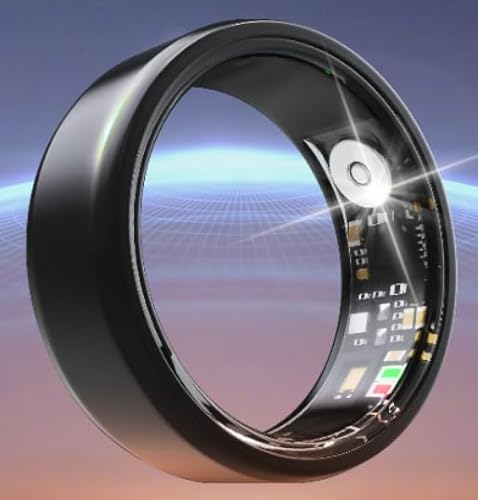J
jax3172
Hi all. It's been a couple of weeks. I hope you're all doing well.
I am still frustrated by a high heart rate. I know we can have tachy for a while after surgery (AVR on 7/21/05) but mine was fine up until 12/20 or so. Then it seems it jumped about 20 points. Resting is anywhere from 75 to 95 but this is clearly 20 bpm higher than it was in Nov and early Dec. It's been diagnosed as IST (inappropriate sinus tachycardia). Also, just getting out of bed to take the dog out makes it go up about 25 or 30 bpm, so I'm much less tolerent of exercise than I was in December. :-( I'm now gonna try an EP to try to figure out the source of the IST. They are suggesting beta blockers and/or ablation as a possible solution after seeing the EP.
Have any of you experienced this? Or can you suggest a course of action? Have any of you taken Magnesium to lower your heart rate - if so, how did it go? Again, my HR was fine post-op (normal for a good while) and then high. I understand that adrenelene and/or chatacholamine response and/or thyroid can cause this and I am getting tested. Any thoughts? I want my body back!!!!! Ugh.
I am still frustrated by a high heart rate. I know we can have tachy for a while after surgery (AVR on 7/21/05) but mine was fine up until 12/20 or so. Then it seems it jumped about 20 points. Resting is anywhere from 75 to 95 but this is clearly 20 bpm higher than it was in Nov and early Dec. It's been diagnosed as IST (inappropriate sinus tachycardia). Also, just getting out of bed to take the dog out makes it go up about 25 or 30 bpm, so I'm much less tolerent of exercise than I was in December. :-( I'm now gonna try an EP to try to figure out the source of the IST. They are suggesting beta blockers and/or ablation as a possible solution after seeing the EP.
Have any of you experienced this? Or can you suggest a course of action? Have any of you taken Magnesium to lower your heart rate - if so, how did it go? Again, my HR was fine post-op (normal for a good while) and then high. I understand that adrenelene and/or chatacholamine response and/or thyroid can cause this and I am getting tested. Any thoughts? I want my body back!!!!! Ugh.






















